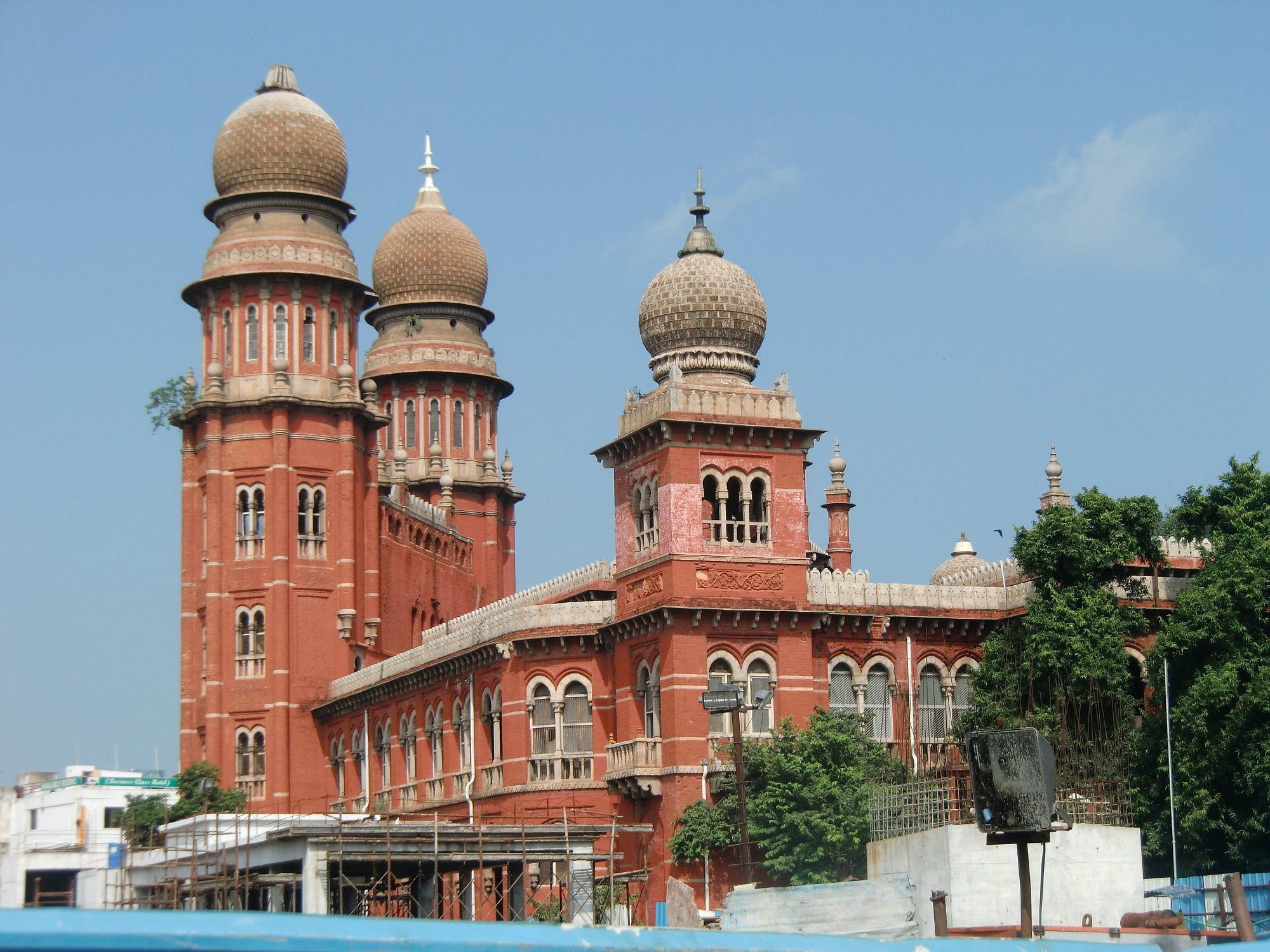Tamil Nadu: Hindu woman married to Christian man loses scheduled caste status
The Madras High Court issues a controversial ruling that strips a woman of her rights as a member of a historically marginalised group because she married a Christian man while remaining Hindu. For Fr Santhanam, a Jesuit and a lawyer, this is a serious violation of the rights enshrined in the Indian Constitution. It is paradoxical that a principle recognised in Canon Law for mixed couples is disregarded by a court in the 21st century.
Chennai (AsiaNews) – In a controversial decision, the Madras High Court (Tamil Nadu) ruled that conferring scheduled caste communal status on a Christian woman constitutes fraud under the constitution. For this reason, she was disqualified from serving as chairperson of a town panchayat.
V Amutha Rani was elected in 2022 to a post reserved for members of scheduled castes in Theroor, Kanyakumari district, for the All India Anna Dravida Munnetra Kazhagam (AIADMK), a major regional party in Tamil Nadu. For the Court, this was fraudulent.
Born a Hindu Pallan (a community recognised among the disadvantaged castes), she married in a Christian man, following Christian rite in 2005.
For the Madras High Court, a person who voluntarily contracts marriage under the Indian Christian Marriage Act of 1872 must be considered a Christian and, consequently, deemed to have renounced their religion of origin. Such a person can no longer claim Scheduled Caste (SC) status or related reservations.
For her part, Amutha Rani has denied converting, arguing that although her marriage followed Christian customs, she remained a practising Hindu and was not baptised.
The Court examined church records, including the marriage register and baptism records of the defendant's children, noting that the Christian practice of “banns” had been respected during the marriage. This substantiated the claim that she was baptised and had been received into the Christian faith.
While the respondent produced community certificates and evidence of temple worship, the Court rejected them as insufficient. It also discredited a letter submitted by her, which claimed she was a temple member, after another letter from the temple committee refuted her claims, calling the certificate fake.
Emphasising the legal difference between interfaith civil marriages and religious conversions, the Court said that only a marriage under the Special Marriage Act would allow the defendant to retain her Hindu identity SC status.
Fr A Santhanam, a Jesuit and lawyer at the High Court of Madras, expressed great concern over this ruling. “The judgment,” he explains, “violates Article 25 of the Indian Constitution, which guarantees all citizens freedom of conscience and the right to freely profess, practice, and propagate religion.”
“The judgment effectively penalizes a person for exercising this fundamental right by interpreting a marriage conducted under Christian rites as a renunciation of Hinduism and Scheduled Caste (SC) identity, regardless of the individual’s stated belief or continued cultural affiliation.
“Such a conclusion,” Fr Santhanam laments, “imposes a rigid and doctrinaire reading of religious identity that ignores the lived realities of caste and religion in India, where caste identities often persist across conversions. It also undermines the autonomy of individuals, particularly women, by reviving outdated patriarchal concepts like the ‘merger’ of a woman's identity into her husband’s, contrary to the progressive vision of gender equality enshrined in the Constitution.”
Stressing the contradictory nature of the ruling with respect to “established judicial precedent, including the Supreme Court’s rulings” in which the courts have recognised that conversion to another religion does not automatically erase a person's disadvantaged caste status, the Jesuit lawyer also challenges the misinterpretation of the Indian Christian Marriage Act.
The flawed interpretation conflates “marriage under Christian rites with religious conversion without concrete proof such as baptism or formal renunciation of Hindu faith.”
“It is unfortunate that while Canon Law permits the marriage between a Catholic and a non-Catholic — including non-Christians — through the provision of a ‘disparity of cult’ dispensation, the Hon’ble Court, in this 21st century, has chosen to disregard such ecclesiastical flexibility. By doing so, it effectively closed the door on constitutional principles of religious freedom and individual identity, ignoring the nuanced realities of interfaith marriages that do not necessarily involve conversion.
For Fr Santhanam, “It is regrettable that the judgment opens with a quotation from Pope John Paul II under the heading ‘Prologue’ – a reference that is entirely irrelevant to the legal and constitutional issues at hand and serves only to introduce an unnecessary and potentially misleading religious overtone to a matter concerning civil rights and secular governance.”
20/08/2019 16:35
26/09/2016 11:25







.png)










